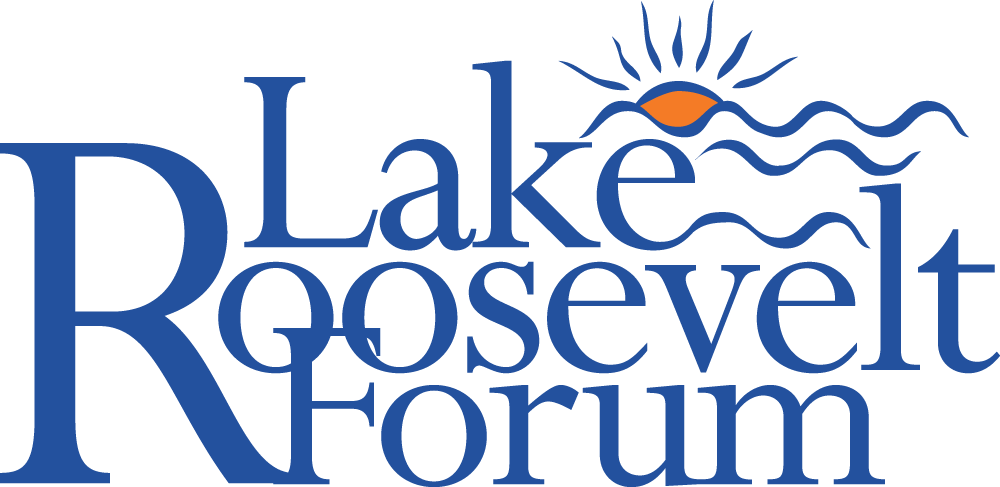The River Mile (TRM) network program received a two-year, $100,000 EPA Environmental Education (EE) grant. It will support TRM’s efforts to engage K-12 students in real-world STEM through scientific research, data collection, and analysis. Field activities such as studying crayfish and water quality testing enable students to consider the effect of invasive species and water quality on the health of the watershed.
TRM was started by the Lake Roosevelt National Recreation Area education specialist Janice Elvidge in 2008 and has since expanded throughout the Columbia River Watershed. Currently a network of over 200 educators, 4,200 students, and hundreds of other partners, including scientists, are exploring the essential question, “How do relationships among components of an ecosystem affect watershed health?”
A major feature of TRM is teacher training that includes curriculum, workshops, materials, kits, and scientists volunteering to provide invaluable expertise and support. Said Elvidge, “The EPA grant is an exciting opportunity to continue expanding The River Mile network’s reach, and specifically that of the Crayfish Study.”
Reaching schools and classrooms in Washington, Oregon, and Idaho, highlights of the EPA TRM grant include:
* Providing training and workshops to assess crayfish populations and water quality to at least 50 educators,
* Engaging at least 1,200 students from predominantly low-income communities in conducting field activities and research made possible through TRM teacher training and associated materials and kits,
* Developing new materials such as a field guide for identifying crayfish, and an online mapping tool (ArcGIS) to collect and share data, and
* Offering opportunities for teachers and students to present results to other schools and at conferences.
Supporting this effort are scientists and educators from the University of Idaho and UI Extension, the University of Washington, Oregon State University Ext., and the University of Illinois. Other partner organizations supporting the citizen-science activities include the REACH Museum in Richland, WA, Spokane Riverkeeper, and Oregon State Parks.
The program manager for the EE grant is Rick Reynolds, founder of Engaging Every Student. Based out of Oregon, Rick has worked with TRM since 2017. He has been a passionate educator and developer of educational resources for over 25 years, including authoring or co-authoring 18 books and curriculum guides, such as TRM’s Investigating Crayfish + Freshwater Ecosystems. “It is so exciting to see how engaged students are by inquiry into the native and invasive crayfish found in their local watersheds,” said Reynolds. ”Crayfish are also an ideal indicator species of water quality, which students can learn how to identify and submit data about that is important for researchers and wildlife managers. By providing students with opportunities to explore the health of animal communities in nearby freshwater ecosystems, we also provide them with powerful motivation to be good stewards of our land and waters.”
Three other 2020 EE grants were awarded in EPA Region 10 (the Northwest). These included an Adopt-A-Stream program in Alaska; water quality and conservation literacy in the Palouse, Washington; and air quality biomonitoring in Seattle’s Lower Duwamish and South Beacon Hill neighborhoods.
Started in 1992, EPA has awarded nearly 4,000 EE grants nationally to promote environmental awareness and stewardship that include providing students and the public skills to take responsible environmental protection actions.
The Lake Roosevelt Forum received this EE grant on behalf of TRM and will serve as its fiscal agent and provide administrative oversight. For more information about participating in TRM, check out www.therivermile.org or contact Janice at Janice_Elvidge@nps.gov.

